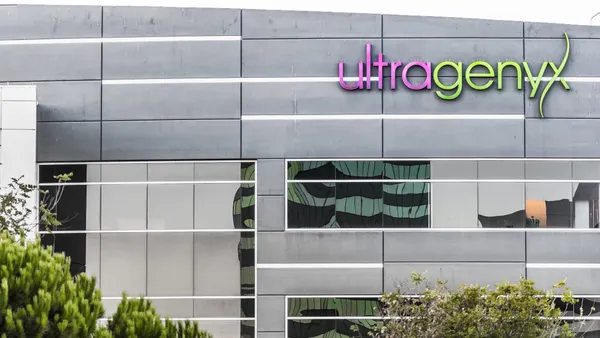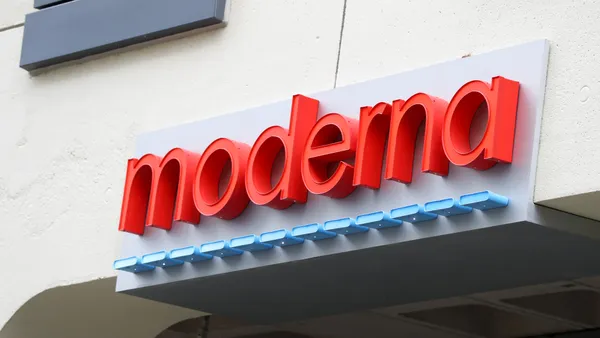The Food and Drug Administration on Wednesday approved the first treatment for the insatiable hunger associated with the rare disease Prader-Willi syndrome, a long-awaited decision that follows an unorthodox pitch from the drug’s developer.
The agency on cleared Vykat XR, from biotechnology company Soleno Therapeutics, for this hyperphagia that’s caused by Prader-Willi. Treatment has specifically been approved for adults and children at least four years of age. The drug’s list price depends on a person’s weight, but would equate to about $466,000 per year based on average weight of the participants in Soleno’s Phase 3 trial, executives revealed on a conference call.
The approval is a milestone for research into a disease that’s proven difficult to target. Prader-Willi affects an estimated 10,000 to 20,000 people in the U.S. and causes multiple cognitive and behavioral symptoms. The most debilitating is a hunger that can be so consuming caregivers may use locks or alarms to keep patients from accessing food or binge eating, which can cause extreme obesity, poor metabolic health and even death.
Prader-Willi is typically managed through supportive care and human growth hormone to boost muscle and lower body fat. The anti-seizure medication topiramate can also help reduce appetite and is sometimes prescribed off-label.
But until now, no other drug therapies were approved, in part because of the disease’s myriad manifestations as well as complex — and still poorly understood — genetics. Since the clearance of human growth hormone 25 years ago, every drug to reach Phase 3 testing has failed or been rejected by regulators.
The need for a new therapy led a group of experts, in a 2023 editorial published in the International Journal of Molecular Sciences, to call for more "flexibility" in the review of Prader-Willi drugs. The authors highlighted exceptions the FDA has made in clearing drugs for diseases like amyotrophic lateral sclerosis and Alzheimer’s disease — life-threatening illnesses with few, if any, treatments available.
“All of these factors apply to [Prader-Willi],” they wrote, arguing the “inherent rigidity” to the approval process was leading the agency to overlook drug benefits that, while not main study goals, were still “significant” for patients.
Among the medicines mentioned in that editorial was Soleno’s therapy, which has traveled an unusual path to approval. Formerly known as DCCR, the drug is an extended-release form of a molecule, diazoxide, that’s used to treat low blood sugar. It failed the primary objective of a Phase 3 trial five years ago. But Soleno claimed the COVID-19 pandemic skewed the results, arguing there were vast differences in the data collected before and after March 1, 2020 and that Vykat displayed meaningful differences on secondary measures.
Soleno collaborated with the FDA to find a workaround and came up with an unusual answer. It added a new part to the study in which patients were randomized to either continue or stop receiving Vykat and then tested for hyperphagia levels over time. The company claimed success in that evaluation in September 2023, and filed an approval application afterwards.
Since then, Soleno’s market value has surged past $2 billion amid anticipation of an approval. A delayed decision in November fueled doubt among investors. Still, multiple Wall Street analysts have been optimistic because of the lack of Prader-Willi therapies and the fact Soleno succeeded in a study the FDA endorsed.
“Although not as straightforward of an application as the division is used to seeing, we believe the strength of evidence and unmet need position Soleno for a major positive catalyst in the near term,” Baird analyst Brian Skorney wrote in a note to clients in February.
Vykat’s approval unlocks a market opportunity that analysts at the investment firm Stifel estimate is worth more than $1.5 billion annually. Hyperphagia is the “biggest burden” for Prader-Willi patients and there is “significant patient and physician enthusiasm/awareness” for Soleno’s drug, they wrote in a research note earlier this month.
Editor’s note: This story has been updated with details on Vykat’s list price.















